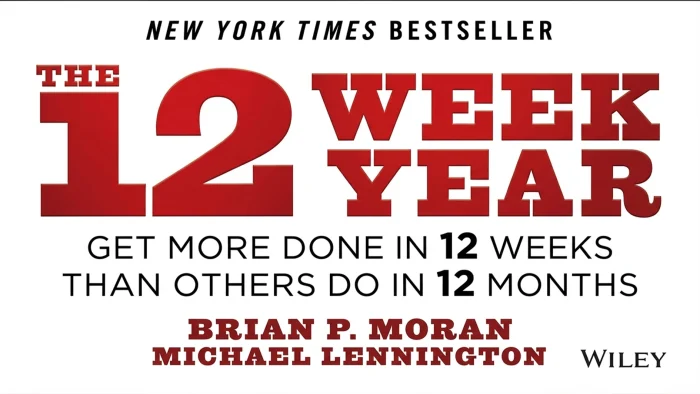
Some might remember the books read back in school such as ‘The God’s Are Not To Blame’ by Ola Rotimi.
In Google’s usual way of celebrating iconic men and women, Emmanuel Gladstone Olawale Rotimi, better known as Ola Rotimi, is celebrated on his posthumous 84th birthday.
[ad]
Ola Rotimi took the spotlight as a Nigerian playwright, director, actor, choreographer and designer.
Rotimi used his forms of art to mirror the richness of Nigeria’s culture, diversity, and local traditions.
Ola Rotimi was born in 1938 to a family of artists that acted as his guide on his path in life. His mother who was Ijaw managed a traditional dance group while his father, a Yoruba man ran a community theatre plus directing and producing a play that first debuted with four-year-old Rotimi at the time.
Ola Rotimi’s family’s passion for the arts and mixture of culture and traditions could do nothing but rub off on him and greatly influenced his works.
He would later attend Boston University to study theatre and earned an M.F.A. degree at Yale University in playwriting and dramatic literature.
During Rotimi’s career, he wrote and directed numerous plays and short stories that looked into Nigeria’s ethnic traditions and history.
He was known to have a larger-than-life vision and embraced dance, music, and even mime within his productions.
Rotimi’s plays did more to showcase the traditional Nigerian rituals, songs, and dances to audiences all over the world.
Some of his most celebrated and award-winning works include ‘The Gods Are Not to Blame’, which is a 1968 play adapted from the Greek classic Oedipus Rex, ‘Our Husband Has Gone Mad Again’, and ‘Kurunmi’.
[ad unit=2]








